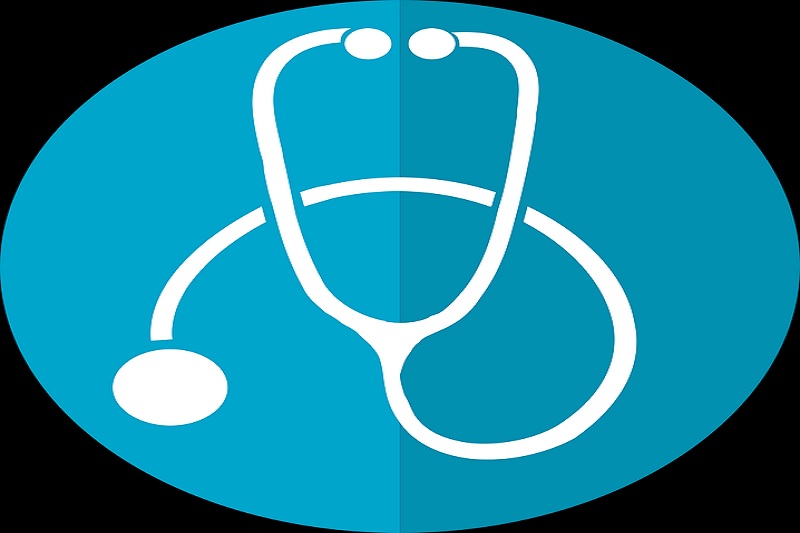
Being able to pinpoint the possible risk of a heart attack or stroke with a simple bone scan may soon be a reality as researchers have broached a new frontier for medical research.
About the Initiative
According to a recent press release, the National Health and Medical Research Council will provide (NHMRC) AU$ 467,980 to fund a three-year collaborative project led by a team of researchers from Australia’s Edith Cowan University (ECU).
The team will investigate how machine learning can automate the task of identifying and quantifying an individual’s blood vessel disease from a routine scan, years before symptoms arise.
The project builds on the recent work led by ECU researcher Associate Professor Joshua Lewis, wherein machines used for routine bone density scans can also be used to identify the presence of calcium in a major artery in the abdomen, known as abdominal aortic calcification (AAC).
Using machine learning to scale up the AAC test will be a game-changer as it will change the reliance of getting results from trained experts, who manually process each scan, to merely the touch of a button.
Background
AAC is a strong predictor of cardiovascular disease.
The NHMRC project would provide a window to identify high-risk people and prevent it years before they suffer the devastating consequences of heart attack or stroke.
The researcher explained that more than 350,000 older Australian women undertake bone density testing. Adding this scan at the time of bone density testing may lead to a paradigm shift in the way clinical cardiovascular disease is monitored and prevented.
Professor David Suter from the University’s School of Science will lead the development of the deep learning architectures needed to automate the image analysis.
This will be the first fully automated tool to routinely image and identify this disease.
He explained that with access to over 11,000 scans that have already been assessed and accurately labelled by world experts, they are well-positioned to develop an accurate visual recognition of AAC in the scans.
The visual processing of the scans was incredibly complex. Each scan is different and so the program will need to find visual cues to understand where to look for the required signs of vascular disease.
Hopefully, a cheap, safe, quick and reproducible test for visualising vascular calcification that will save lives can be developed.
Edith Cowan University will collaborate with the Universities of Manchester, Western Australia, South Hampton, and Minnesota, INSERM and the Hinda and Arthur Marcus Institute for Aging Research, a research affiliate of Harvard Medical School on the project.
Initiatives from Neighbouring Countries
Because heart attack or stroke happens to a lot of people, countries across the globe have sought ways to prevent them as well as provide the best care possible.
OpenGov Asia reported on the Cardiac Catheterisation Laboratory (Cath Lab) launched by the University of Indonesia Hospital that provides superior service in neuro-cardiovascular treatments.
The Cath Lab is a diagnostic medical treatment service tool, which detects the narrowing or the blockage of the heart or coronary arteries.
It is also used to handle neurological disease cases such as stroke, radiology and oncology.
With the launch of the tool, the hospital aims for optimisation of the services provided for patients with heart diseases.
Meanwhile, a Dunedin neuroscientist from the University of Otago, in New Zealand discovered a new way to help people recover from a stroke.
The team has gone against traditional thinking by implanting an electrode into the undamaged side of the brain.
In a world-first, the team targeted the healthy side of the brain with electrical stimulation, instead of the area around the stroke.
















